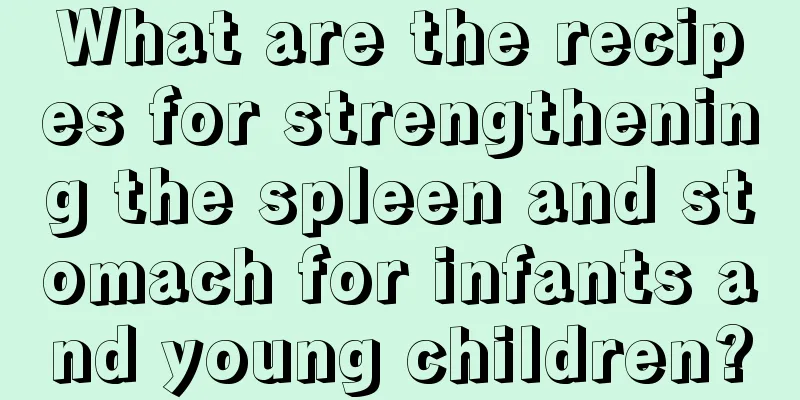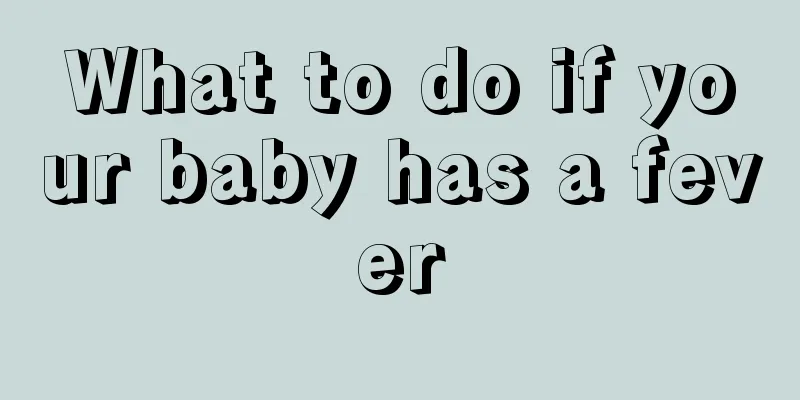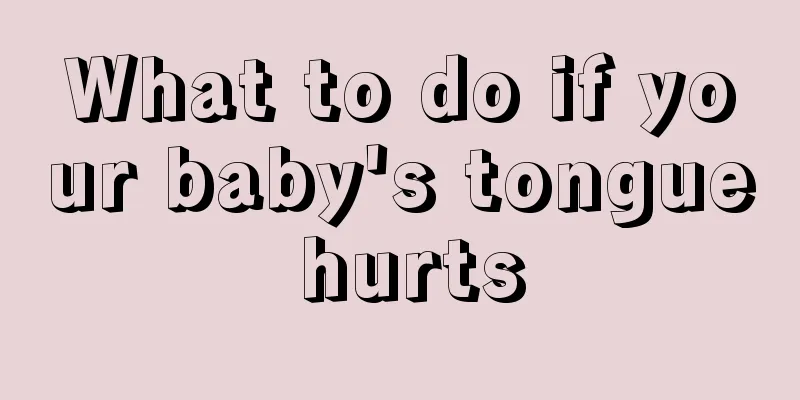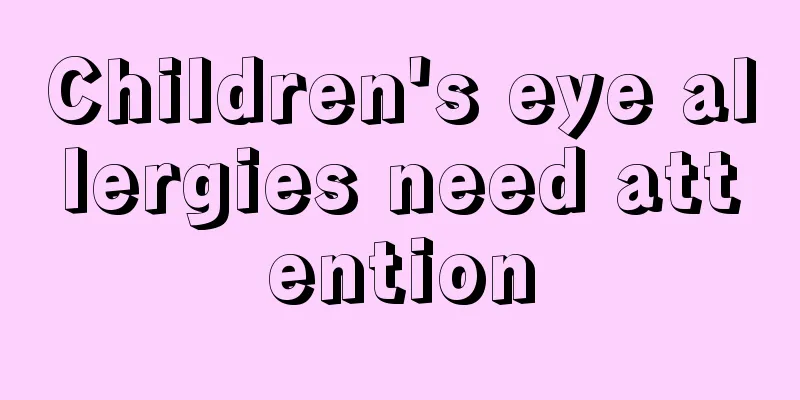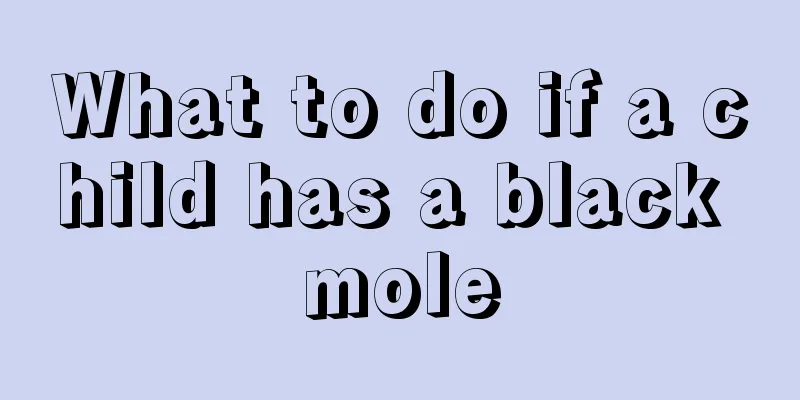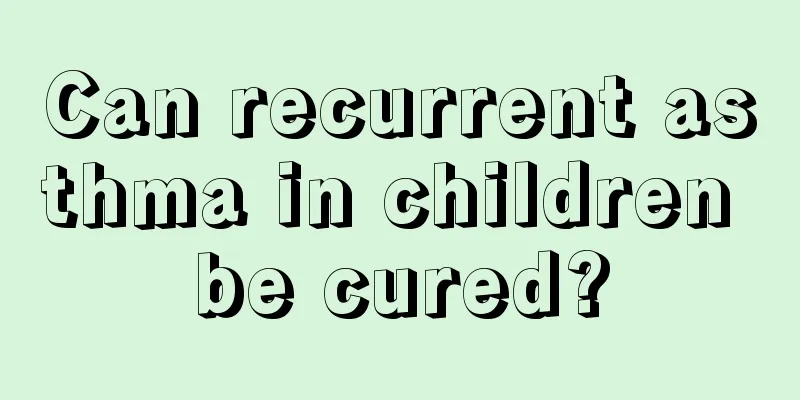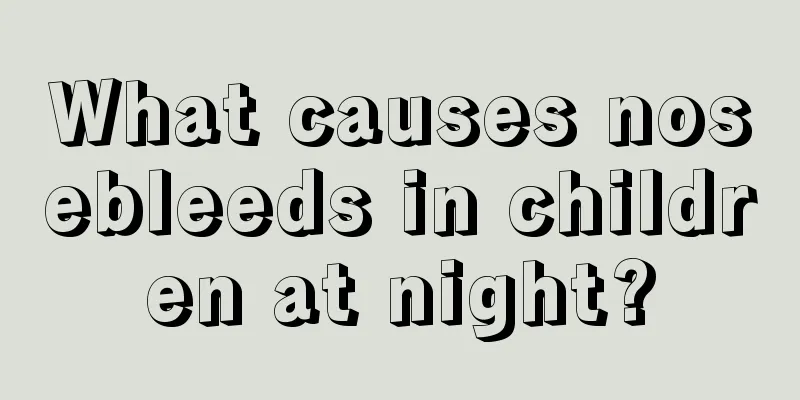Is it ok for a newborn to hiccup?
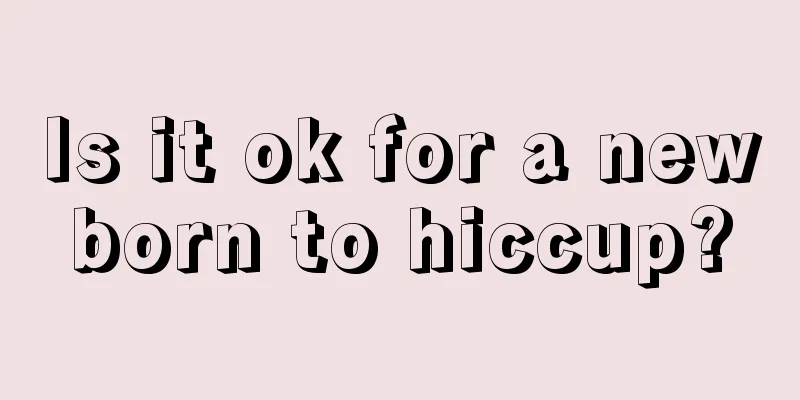
|
Newborns do not have the ability to speak, so they cannot tell their parents when they are feeling unwell, and can only use emotions to express their discomfort. Newborns will hiccup, but there are many factors that cause hiccups in newborns. The most common reason is that the baby swallows air. So if a newborn is found to have hiccups, parents don’t need to be alarmed. You can first rule out whether it is caused by swallowing air. If not, go for further examination. Can you explain hiccups in newborn babies in detail? Hiccups in newborns are very common. There is no adverse effect on the baby's health and parents do not need to worry too much. Hiccups in newborns are usually caused by the baby swallowing a lot of air. When the feeding method is improper, the baby eats too much milk, the mother's nipples are inverted, or the bottle is empty or the nipple is not full of milk, the baby may swallow a lot of air, which may cause hiccups. If the baby is not helped to expel gas in time after feeding, the baby will hiccup, so the baby should be gently held up after feeding, with the mother's head resting on the baby's shoulder, and the baby's back should be patted gently to allow the air in the stomach to be expelled. Strategies to prevent hiccups: Do not wait until the baby is extremely hungry to feed, do not feed when the baby is crying violently, and do not feed the baby too fast or too much. The feeding posture should be correct, and the baby should be fed in a quiet and relaxing environment. Avoid noise, strong light and other unexpected disturbances during the process. For babies who are bottle-fed, choose a nipple hole of the right size to avoid swallowing large amounts of air and hiccups. Avoid gas-producing foods and drinks, and avoid milk or certain food allergies. For babies who hiccup frequently, you can burp them during the intervals between feedings: bottle-fed babies can pause and burp them after drinking about 60 to 90 ml of milk; breastfed babies can burp them when they adjust their position in the middle or switch to the other side to feed. If your baby wiggles and squirms while feeding, he may be trying to burp. |
<<: Newborn baby forehead birthmark
>>: Symptoms of an inflamed belly button in babies
Recommend
What should parents do if their child has a fever for no reason?
There are actually many reasons why children have...
Physical therapy for fever in 10-month-old baby
Fever is a very common thing for babies of a few ...
What causes abdominal hernia in children?
Inguinal hernia is a type of hernia next to a chi...
Treatment of low hemoglobin in children
We all know that many people have experienced low...
What vaccines should be given at the age of three?
After a child is born, he or she will enter a spe...
Swollen lymph nodes in the baby's abdomen
Because lymph nodes are distributed throughout th...
What is a good gift for a baby girl?
Having a baby is a big event for a family, and pe...
Lymphangitis in children causes abdominal pain
Lymph nodes are an important part of the body'...
What should I do if my baby has a stuffy nose and can’t sleep well? 3 solutions
If the baby has nasal congestion when sleeping at...
What is the treatment for baby hiccups?
Hiccups are a very common phenomenon that occurs ...
Treatment for children with fever every night
I guess it is common for us to have children havi...
How to treat children's teeth grinding when sleeping?
Children love to eat sweets. They eat a lot of sw...
What happens when children spit?
It is very common for children to spit in daily l...
How often should a baby take a bath?
Many families face this problem: after looking fo...
What is the treatment for a child's cough?
When children are sick and in pain, the parents a...
